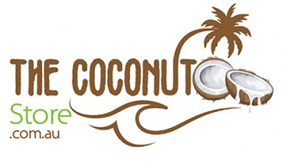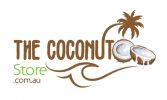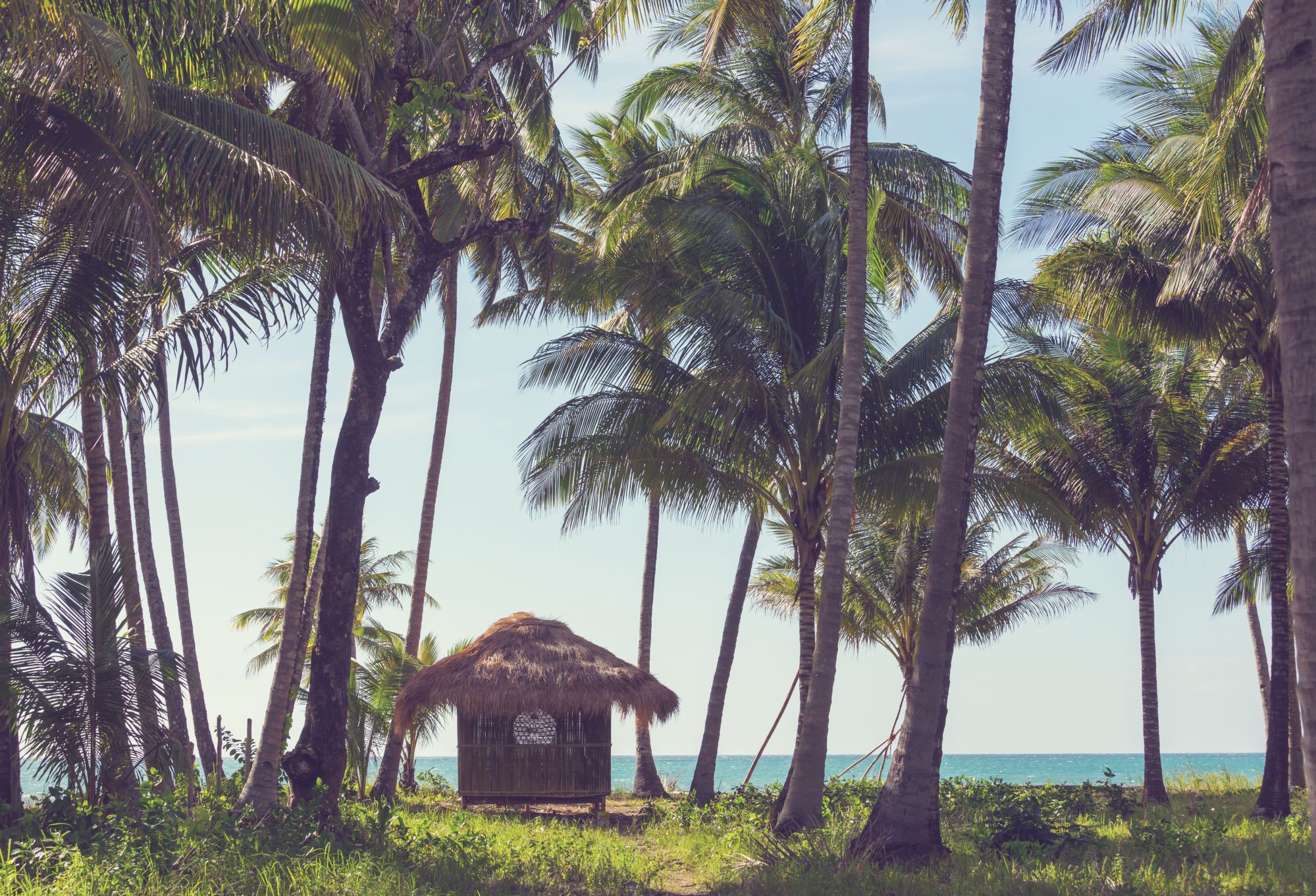
Interview with a Primal Health Coach
I recently had a chat with Michelle, a primal health coach, owner of Santosha Wellbeing in Shell Harbour NSW, and yogi. Michelle is a widely respected wellness practitioner and advocate of primal health. During our chat, I asked Michelle a series of questions about primal health to share here on this page.
What is primal health?
Michelle: Primal health is a lifestyle; it’s not a diet; it’s much more than that. What I’ve found is that the word “diet” makes people feel scared about making changes to how they eat, or it puts people off, and then they approach change with a negative mindset.
Primal health is, to an extent, living like our ancestors did without going out to hunt and gather. It involves eating food that is natural, unprocessed, things that our ancestors would have picked from a tree, pulled from the ground, and hunted. I eat all sorts of berries, seeds, fruits and veges, meats, and avoid wheat and grains, anything that causes inflammation in the gut.
Is it just about what you eat?
Michelle: Food is an element of it. A primal lifestyle also involves being active, building strength, and just as importantly resting – allowing our bodies to restore itself. I personally walk a lot and lift weights a couple of times a week to build strength. It is an easy and enjoyable lifestyle; I don’t see it as limiting, and as such, don’t feel like I’m missing anything.
What do you do as a primal health coach?
Michelle: My role as a coach is to motivate and encourage my clients to eat well. I teach them how to do it through food substitution, for example, using coconut flour instead of wheat flour. I explain how it can be used and what to expect with the substitution, as well as follow the progress of their primal health lifestyle adaptation.
How can coconut flour/oil/sugar be used in a primal meal?
Coconut flour is a great substitute for baking. A coconut flour cake is so light you don’t get as full or bloated as you would if you ate a cake made from wheat flour, which expands in the gut and makes you bloated.
Coconut oil is the best oil to cook with, as when heated, it doesn’t change its chemical composition. Olive oil is also good to use on salads, but you should avoid vegetable oils such as canola and sunflower as they are toxic.
Coconut oil is great as fat burns fat. It doesn’t happen straight away, as it takes about 21 days for the fat to become a fat burner, and you can feel it when it happens. People who follow a keto diet will be familiar with this as it’s known as “keto flu”. I use the analogy that using cooking oil in my food is like putting a log on the fire, which slowly burns all day. I find I eat less as the food and drink is filling. Most mornings, I have a bullet coffee, sometimes with banana bread too, or coconut yoghurt, and then a substantial meal for lunch and a light dinner before 7pm. That’s all I need.
Do you have a go to meal?
Michelle: Sweet potato mash with coconut cream and salt and pepper, with a steak and salad, is so tasty. I also do a cauliflower puree with coconut cream. The meals are easy to make. If I’ve had a busy day and had a few massage clients, I’ll have 2 boiled eggs in the evening, too. It’s also easy when I eat out, I may exclude something from a meal or substitute white potato with sweet potato. I don’t feel like I’m missing out on anything. It’s a lifestyle rather than a diet and it’s about reducing inflammation and the things that cause unease.
I learnt a lot from Michelle and have been looking at ways I can make changes to my lifestyle. I’m all for anything that reduces gut inflammation! I hope that you’ve found the information helpful. If you’d like more information about primal health, you can get in touch with her from the Santosha Wellbeing Facebook page.
I’ll be doing a series of interviews with experts in the wellness space, so keep an eye out for them.

Meet Michelle






